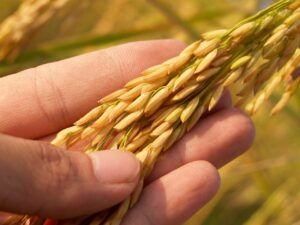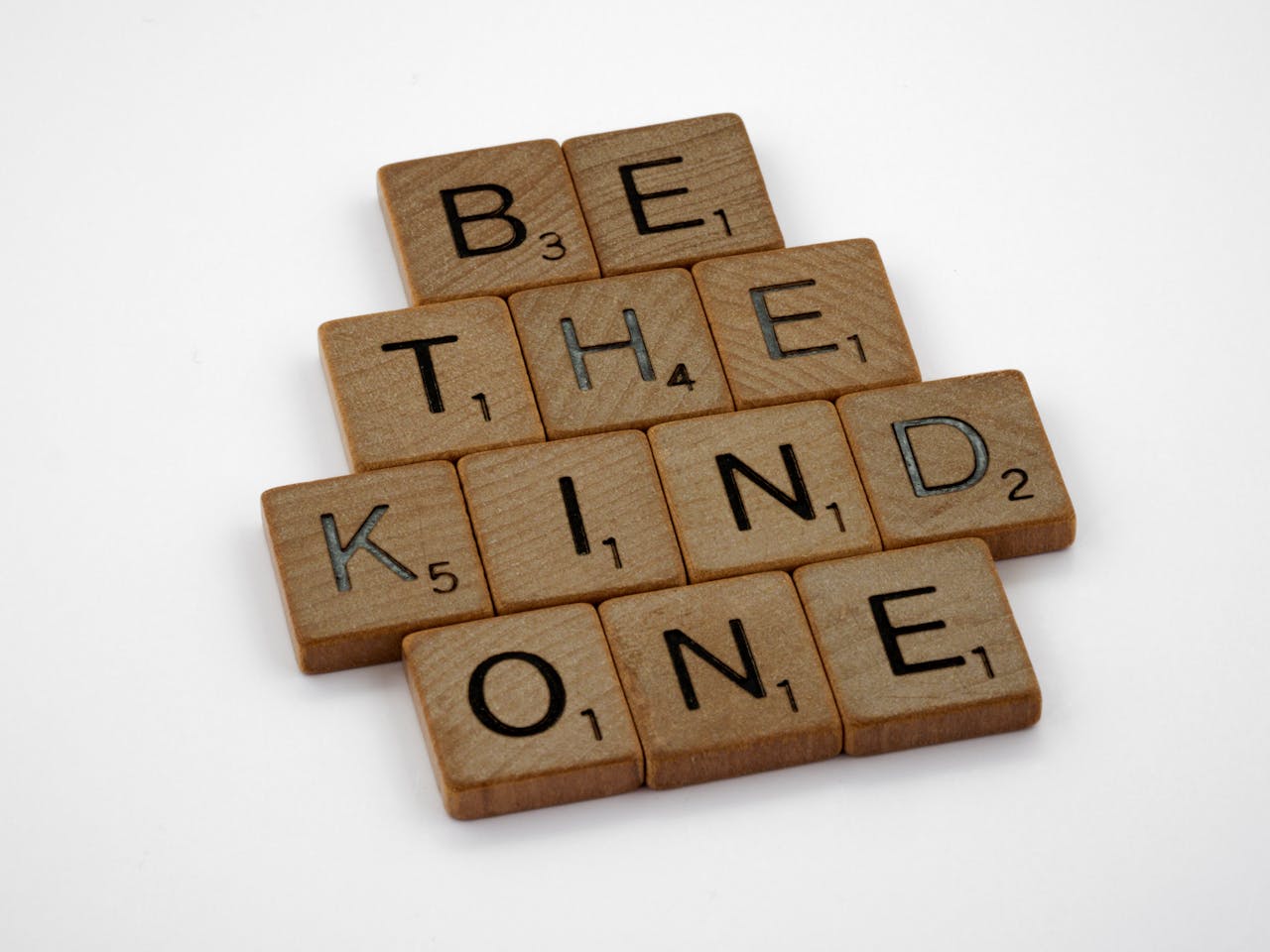The Gift of Generosity
It feels good to be generous. The innate reward for offering our seat to a senior citizen or tipping extra to a struggling server is something we can immediately feel. Neurochemicals powerfully wire altruistic generosity into our physiology by increasing levels of dopamine, serotonin, and oxytocin during acts of kindness. We can access this neurological trinity of happiness by prioritizing radical generosity and kindness. Optimizing generosity includes preparing our hearts and minds for the opportunity, understanding the types of gifts we can share, and realizing that we are all temporary stewards.
Preparing for the Opportunity
Is giving a one-sided exchange or a multiplying investment? I suppose it’s all in how we look at it. The way we think about giving will greatly influence its impact. It’s hard to experience the fruit of generosity if we believe it creates unmet needs for us or our families. Intangible emotions, like love and gratitude, can powerfully influence our perception of the same circumstances.
Love is the key ingredient that makes altruistic generosity possible. Without love, self-sacrifice is a burden that breeds bitterness. A sacrifice made with love is treated as an honor and multiplies the love that fuels it. Practicing love as a verb in our words and actions is the quickest way to multiply it.
Gratitude can be cultivated as a powerful practice to combat a scarcity mindset by writing down three blessings daily. We can start the list with the obvious and quickly uncover countless blessings taken for granted as our daily practice strengthens. It’s powerful. When we task our brains with presenting new proof of our blessings each day, gratitude becomes part of the filter through which we process our environment.
We become sensitive to opportunities to give as we deepen our awareness of the countless blessings in our lives. With this optimized mindset, we see opportunities to put our love into action as a privilege, not a burden. A loving heart and grateful mind create a beautiful window through which to view the world.

Types of Gifts
We each have something to give, but some of our gifts may not be obvious at first. We can easily recognize and meet needs when they arise if we take the time to understand the three basic needs of resources, expertise, and presence.
The first and most obvious need is resources. Sharing tangible resources like money to meet basic human needs such as nutritious food, clean water, and safe shelter is a practical way to love our neighbors. One of the easiest methods to share your resources is by supporting a vetted community or global outreach program.
The second gift we can give is our expertise. We can share the culmination of our knowledge, experience, and skills to help others navigate new or difficult situations. By doing so, we also deepen our understanding. The best way to take our expertise to the next level is by teaching or sharing it. This will also sharpen valuable mentorship skills.
Our final gift of presence might have the greatest impact of all. Being present is the intentional investment of our time, energy, and focus. It is the greatest gift we can give people, especially those we love.
Understanding Temporary Stewardship
One of the most difficult ideas to accept is that everything and everyone that we love is on loan. We live in a world in which death is guaranteed and seasons are temporary. Acknowledging that we are all temporary stewards of all the gifts within this world has been one of the biggest realizations to appreciate what I have and process inevitable loss. This idea is challenging but powerful. It’s all on loan.
Even success earned through diligent hard work is temporary. We must make a renewed commitment to our calling each day. Success and setbacks are both meant to be temporary. Every season is a gift on loan, even the hard stuff. We build self-confidence and character by sticking with it when it gets difficult. Wrestling and overcoming challenges is how we build endurance so that we may become fully developed. It’s also so we can help others through it. Let’s treat every season with curious minds, grateful hearts, and open palms believing that we’ll have opportunities to contribute through each season. Grateful generosity is our natural response we treat each season as temporary and every blessing as if it’s on loan.
Passionate Giving
Making a difference in this broken world can feel like a hopeless pursuit, but the only thing worse than failing would be not trying. We must work to solve the injustices and unmet needs that cross our path. I’ve learned to focus on the stories that inspire and ignore the statistics that overwhelm. After all, the people who believe they can accomplish the impossible are the ones who change the world. We need to let the feeling of anger or sorrow spur us into action the next time we witness an injustice or unmet need.
What is one practical way to incorporate generosity into our lives today?
Now imagine the ripple effects if enough of us began to answer this question daily.

Faith Encouragement:
Remember this: Whoever sows sparingly will also reap sparingly, and whoever sows generously will also reap generously. Each of you should give what you have decided in your heart to give, not reluctantly or under compulsion, for God loves a cheerful giver. And God is able to bless you abundantly, so that in all things at all times, having all that you need, you will abound in every good work. – 2 Corinthians 9:6-8


